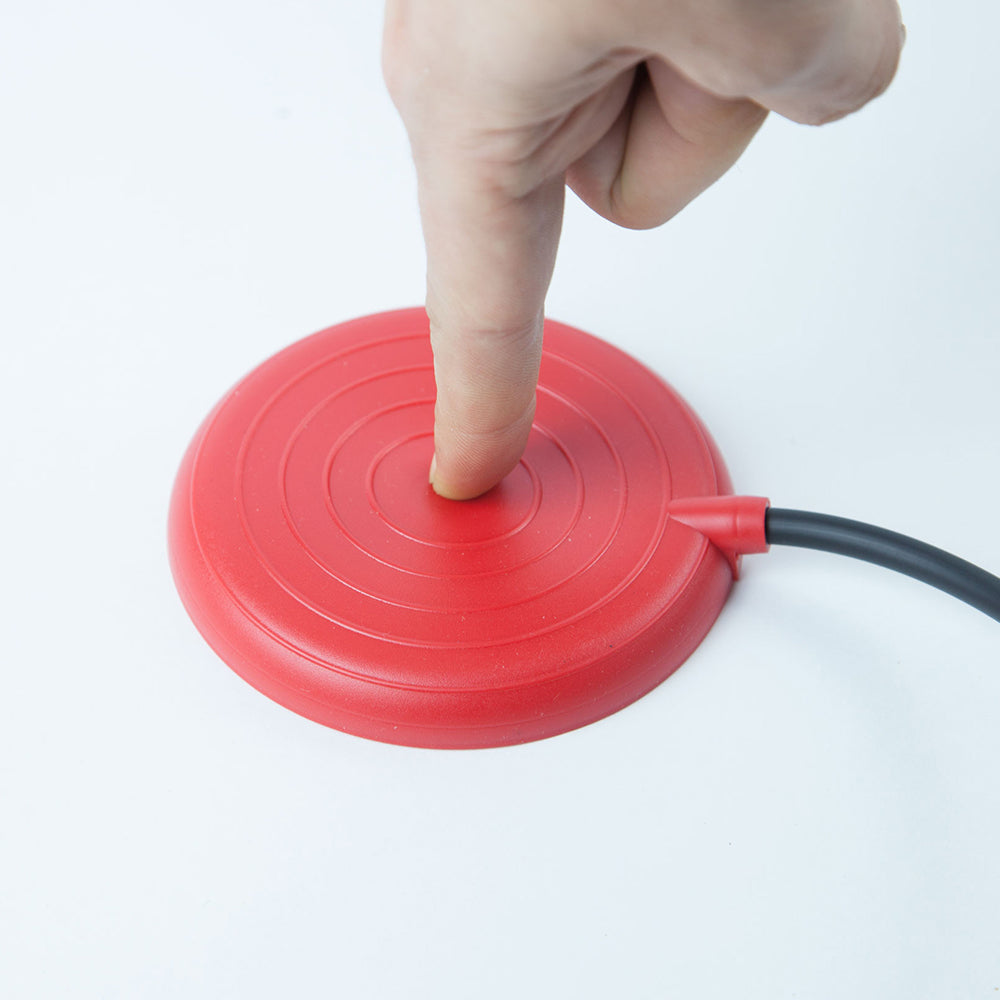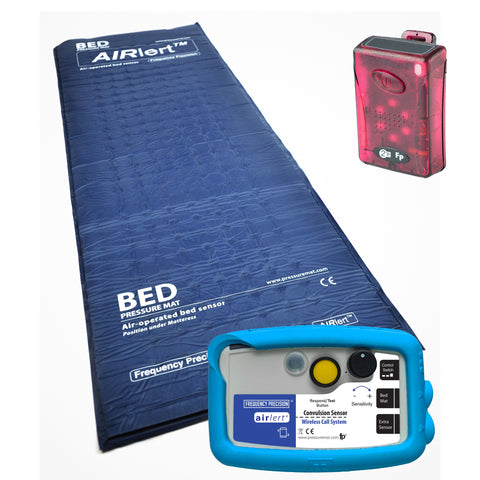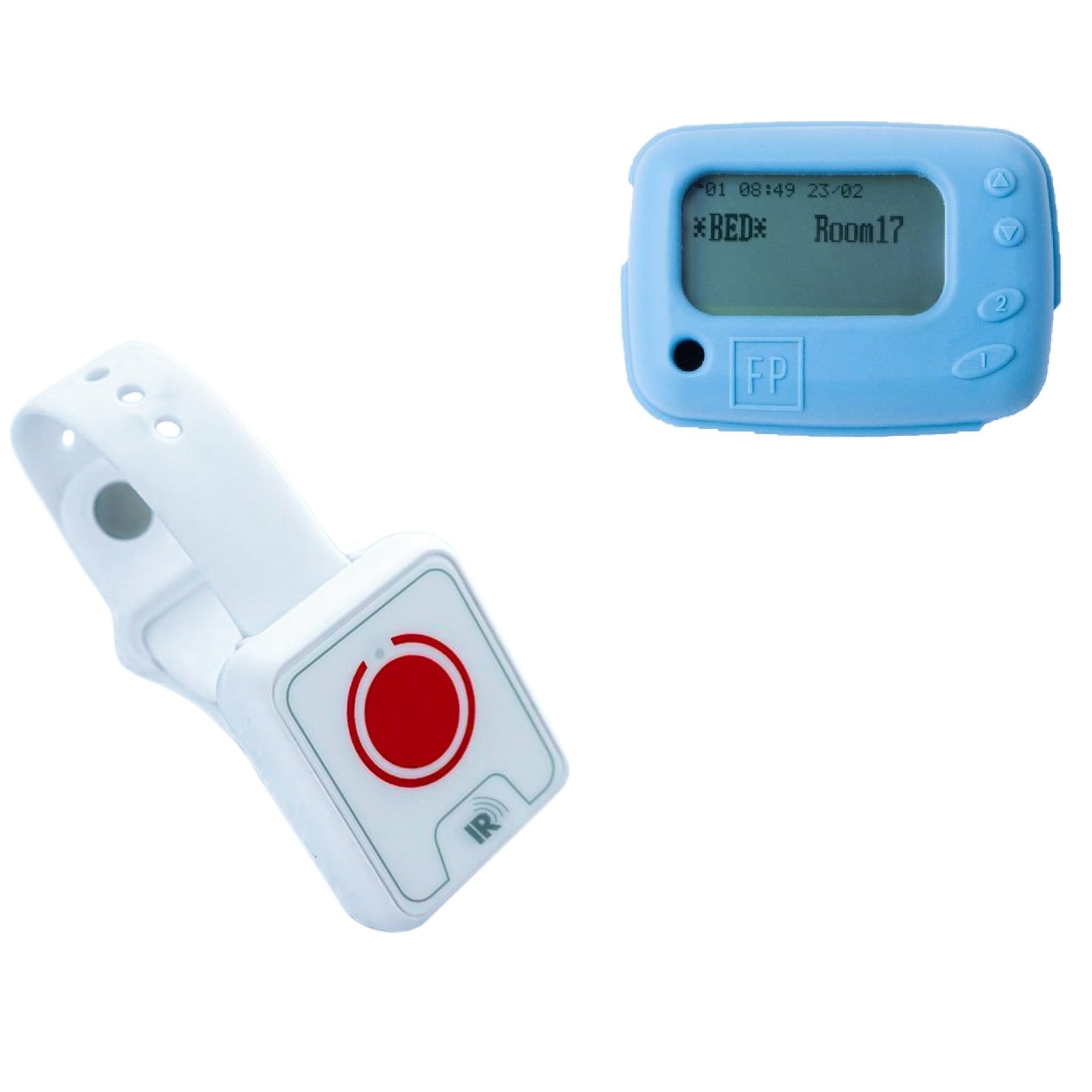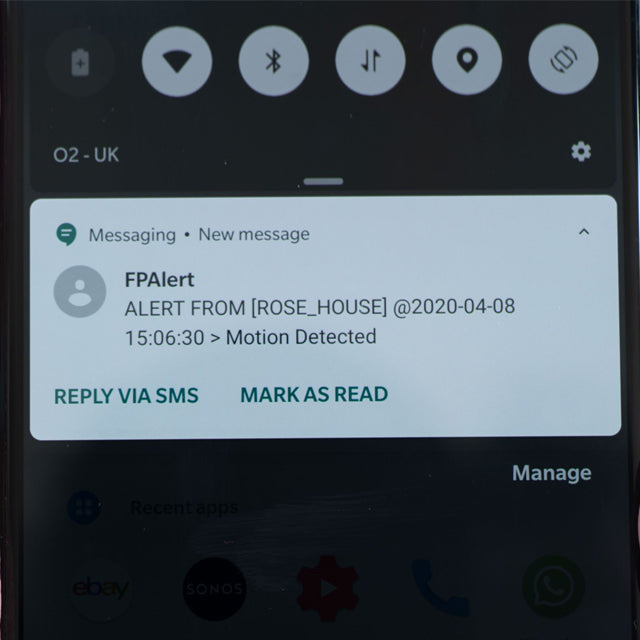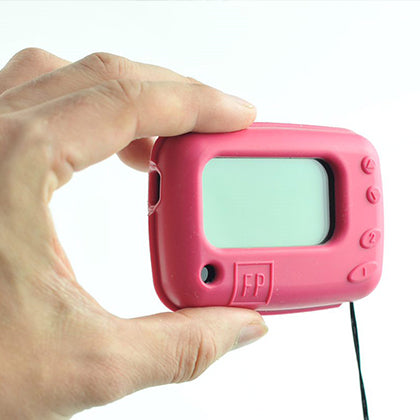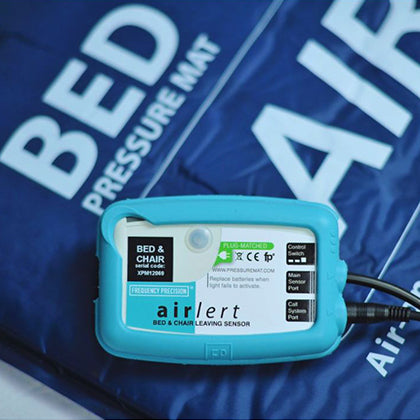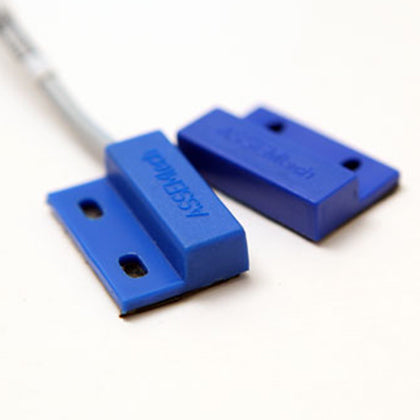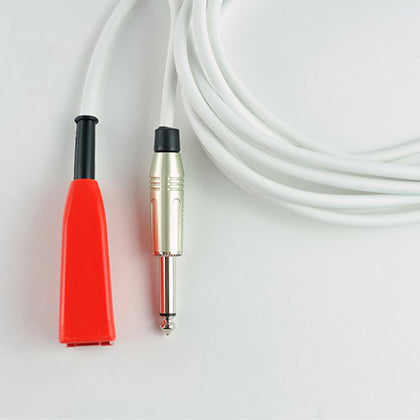Did you know that each year, over 24,000 falls are reported during hospital stays in England and Wales? Falling is a regular occurrence that poses a major risk to patient safety, delaying the patient's rehabilitation and extending their stay in the hospital. Older patients are already physically weak and more prone to sustaining traumatic injuries from a fall. That poses a major concern for an alert system to have in place.
The majority of hospital room falls are caused by patients trying to get out of a toilet seat, chair, or bed on their own without enough support. When a patient is sedated, mentally deteriorated, or physically compromised, there is a significant danger that they may attempt to do so since nurses and doctors are frequently occupied caring for multiple patients at once.
Precision Frequency offers chair and bed alarms for hospitals to alert nursing staff when a patient tries to get up from bed or chair on their own. But before making a purchase, learn what hospital bed alarms are and how they can benefit the nursing staff and patients.
What is a Hospital Bed Alarm?
Hospital bed alarm systems are installed to reduce falls in hospitals. In most cases, the sensor pads are put beneath the mattress' sheets, either under the hip or under the shoulder region.
What is the Purpose of these Bed Alarm?
These bed alarms alert the nursing staff when the patient tries to get out of the bed without any help or support.
Prevent From Injury or Fall

An alarm can notify nursing staff if the patient at-risk of falling attempts to get up from the bed. A hospital bed alarm can improve your chances of arriving in time to aid someone with dementia since people with medium or end-stage dementia sometimes make poor decisions and don't realize that they cannot move safely.
Prevent From Wandering Around
Some persons with dementia could attempt to get up from the bed and leave the hospital where they reside on purpose or unintentionally because they think they got lost. A sound from an alarm might alert a nurse that their patient is getting out of bed and might be at risk of walking out of their room, which can be helpful.
A bed alarm will also help in the situation when a patient tries to get up from bed to use the bathroom and forgets to use the nursing support.
Different Bed Alarms Systems
Mattress Pad Alarms
This pad is tucked beneath the bed sheet to sound an alert in response to variations in pressure and weight.
String Alarms
A box-shaped device with a string connected is part of this alarm, and you may attach it to the patient's clothes by clipping it. The string that is magnetically attached to the box triggers the alarm if your patient starts to get out of bed. However, the string might cause a strangling danger for dementia patients who are excessively agitated and possibly experiencing delusions and paranoia.
How Reliable Are Bed Alarms In Nursing Facilities?

It's crucial to keep in mind that these technologies are only intended to improve an existing fall prevention strategy.Bed alarms can provide an additional layer of attentiveness for at-risk patients, but they cannot replace in-person supervision. However, bed alarms are not a one-size-fits-all solution; nursing personnel must assess each patient individually to determine whether a bed alarm is necessary.This is because utilizing a bed alarm has both benefits and downsides, which must be balanced to assess if the patient's risk level justifies their usage.
Drawbacks: For instance, it makes sense that hospital bed alarm systems are loud and noisy. They are there for that, after all! However, a patient who attempts to walk independently and repeatedly sets off their bed alarm might make other patients in the area uncomfortable. A bed alarm might prevent the other patients in the room from getting enough sleep, which is necessary for healing, especially at night.
The alarm's loudness can be frightful or upsetting for certain patients, potentially increasing their risk of falling. Other individuals may have unfavorable reactions if the alert prevents them from moving independently but just physically.
Benefits: An alert can serve to warn a patient who has cognitive impairment (such as someone who has Alzheimer's or moderate dementia) not to try to stand up without a nursing staff support. It may also help remind the patient to use the alert button to call the nurse.
Bed alarms do provide nurses with the information necessary to immediately react to a patient whenever they need it since nurses are so preoccupied and the patient's decision to get up from a chair or bed is frequently made in a brief moment. Of course, the efficacy of the alert depends on how well the nurse reacts to it. Therefore, it's critical to ensure your workforce is aware of the quick reaction required when the alarm sounds.
Bed alarms may be found in several functionalities, which is excellent news. Some alarms can be set to sound just in the nursing office and not at the patient's bed. Although a bed alarm won't actually prevent a patient from falling, many at-risk patients, especially those that are weak or slow-moving, will certainly benefit from it in preventing a fall. Even patients who move more quickly may benefit from an alert if their bed is close to the nursing office, where assistance is available more quickly.
It is, however, the responsibility of the healthcare staff to properly evaluate the risk profile of the patient as well as the surroundings and determine when a hospital bed alarm is required.
In an ideal world, hospitals could staff each patient with an attendant around-the-clock, negating the need for bed alarms, but sadly, hospitals lack the funds to do so. Bed alarms are an inexpensive solution that can act as an early detection system and assist stop a fall before it happens.

If you are looking for a reliable and top-quality hospital bed alarm system, Frequency Precision is the best place to make your purchase.
You may choose from a variety of care assist systems to discover the ideal one for your hospital needs. Whether you need a floor pressure mat alarm, a door sensor, or an instant nurse call system, we have got you covered.
Give us a call right now at 01837 810 590to find out more about our products and how they may help you.

